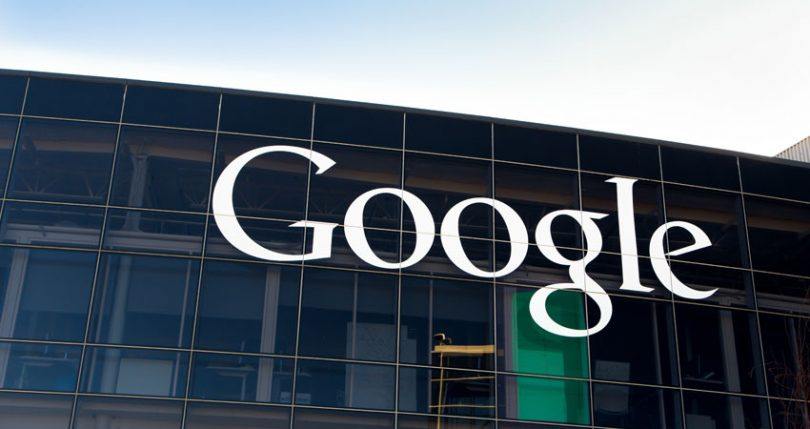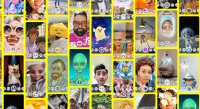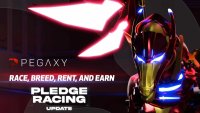
Today Google is unveiling its DLT cloud initiative at the Next ’18 event. The initial two offerings are Digital Asset and the BlockApps Ethereum-compliant blockchain. Later in the year they plan to offer Hyperledger Fabric and Ethereum.
Digital Asset
Digital Asset is a 170-employee startup focused on financial institutions. The company’s best-known project is with the Australian Securities Exchange.
“We’re partnering with Google Cloud to provide developers with a full stack solution so they can unleash the potential for web-paced innovation in blockchain,” said Blythe Masters, CEO of Digital Asset. “This will reduce the technical barriers to DLT application development by delivering our advanced distributed ledger platform and modelling language to Google Cloud.”
Digital Asset has developed an enterprise smart contract language, DAML. That’s short for the Digital Asset Modeling Language. Financial institutions require finality from smart contracts. In contrast with Ethereum, there’s a possibility that a transaction might not complete. For a bank that would be a big problem. This is one of the main benefits of DAML.
Digital Asset’s developer program will now include the DAML Platform-as-a-Service (PaaS) on Google Cloud Platform.
“We are delighted to innovate with Digital Asset in the distributed ledger space,” said Leonard Law, Head of Financial Services Platform at Google Cloud. “DLT has great potential to benefit customers not just in the financial services industry, but across many industries, and we’re excited to bring these developer tools to Google Cloud.”
BlockApps STRATO
Google Cloud is the third BAAS cloud platform for BlockApps. They are already on Microsoft Azure and Amazon Web services.
Blockapps is based on Ethereum but provides enterprise features. These include API integration, configurable consensus algorithms, and the ability to use a traditional SQL database to query and report on blockchain data.
Other BaaS offerings
Google is the last of the big players to unveil their offerings. Microsoft was the first mover with Ethereum in 2015 which also included BlockApps. Nowadays on Azure, you can deploy JP Morgan’s Quorum, Hyperledger Fabric or R3’s Corda. In addition, they have integration tools in the Microsoft WorkBench.
Earlier this month Oracle launched its service based on Hyperleger Fabric. That follows SAP‘s launch two months ago. They provide MultiChain and Hyperledger Fabric.
Amazon’s AWS currently supports Ethereum and Hyperledger Fabric. BlockApps is part of the Consensys family, and another of their startups, Kaleido, launched on AWS.








